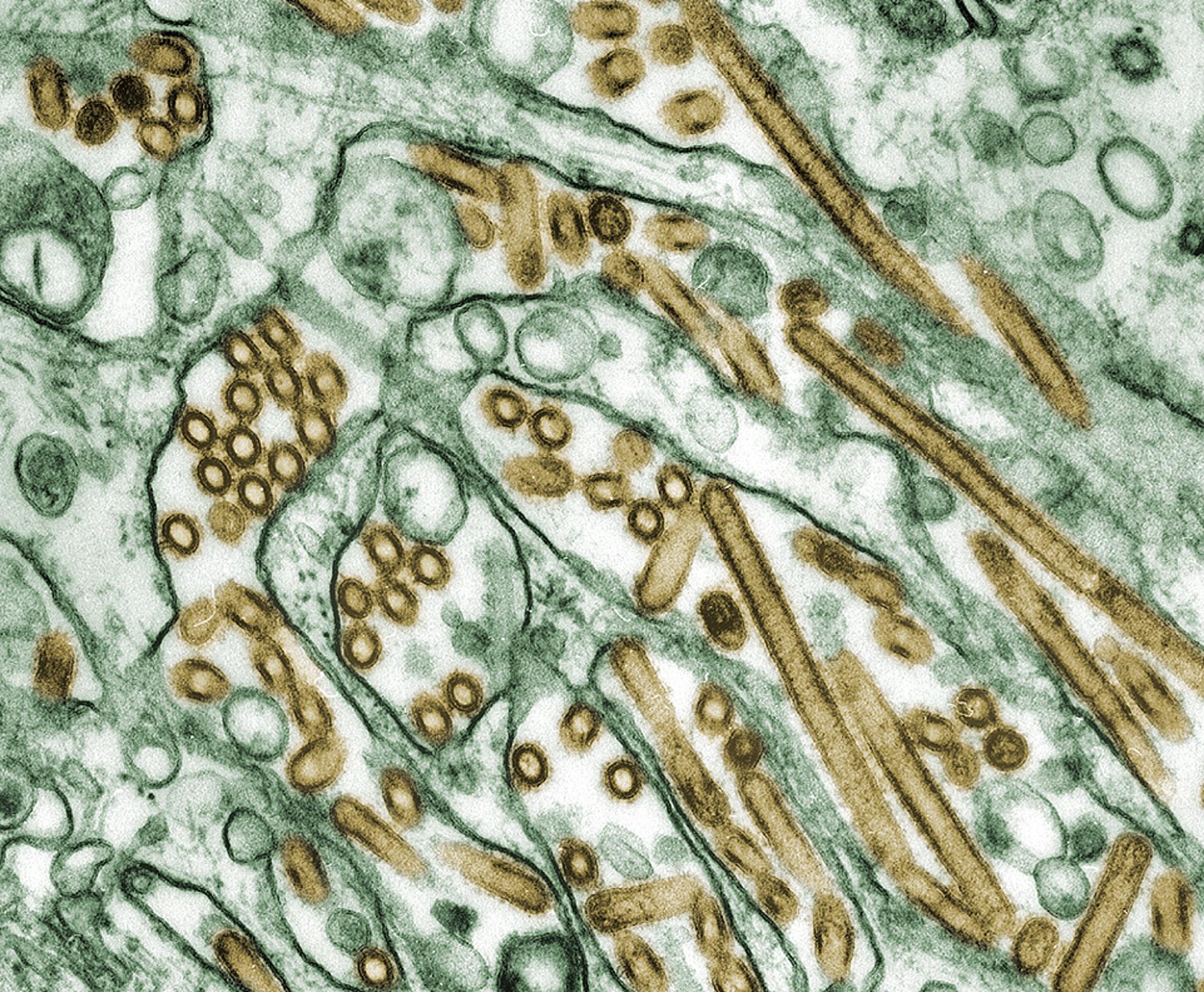Immunogenicity and protection in mice given inactivated influenza vaccine, MPL, QS-21 or QS-7
Background: Monophosphoryl lipid A (MPL), QS-21 and QS-7 were evaluated in mice for their ability to increase the immunogenicity and protective efficacy of formalin-inactivated (FI) influenza A/Texas/91 virus vaccine. Freund's incomplete adjuvant (FIA) was used as a positive control. Methods: Mice were inoculated twice, 28 days apart, either intramuscularly (I.M.) with vaccine mixed with phosphate buffered saline, FIA, MPL or QS21, or intranasally J.N.) with vaccine containing QS-21 or QS-7. The mice were bled on days 0, 28 and 49 and challenged I.N. on this last day with live virus. Four days later, the lungs from each animal were assessed for influenza virus. All sera were tested for virus-specific neutralizing (Nt), hemagglutination inhibiting (HI) and ELISA antibodies. Studies to account for the mechanism(s) of adjuvant activity have been initiated. Results: FIA, MPL and QS-21 all enhanced the production of virus-specific antibodies and increased protection from pulmonary virus infection following I.M. administration. Maximal adjuvanticity occurred in groups inoculated with "low" doses of vaccine and in groups administered vaccine mixed with QS-21. Both QS adjuvants exhibited significant adjuvant activity following IN inoculation. Protection correlated best with levels of virus-specific serum Nt and HI antibodies. Conclusions: The present studies support continued development of adjuvants for inactivated influenza virus vaccines.
Back to publications
